What is Customs and Vat duty?
Anything posted or couriered to you from another country goes through customs to check it is not banned or restricted and you pay the right tax and ‘duty’ on it.This includes anything new or used that you:
- buy online
- buy abroad and send back to the UK
- receive as a gift
Before receiving your goods, you may have to pay VAT, Customs Duty or Excise Duty if they were sent to:
Great Britain (England, Wales and Scotland) from outside the UK
Northern Ireland from countries outside the UK and the European Union (EU)You must also check that the sender:
Pays Excise Duty on any alcohol or tobacco sent from the EU to Northern Ireland
Declares goods correctly if they’re sent from outside the UK (or from outside the EU for Northern Ireland)
Your goods may be seized if you do not follow the rules. You may also be fined or prosecuted.
You’ll be contacted by Royal Mail, Parcelforce or the courier company if you need to pay any VAT, duty or delivery charges (‘handling fees’) to receive your goods. They’ll send you a bill stating exactly which fees you need to pay. They’ll normally hold your parcel for about 3 weeks. If you have not paid the bill by then, your parcel will be returned to the sender.
You will not have to pay anything to the delivery company to receive goods worth less than £135 unless they’re gifts over £39 or excise goods (for example, alcohol and tobacco).
VAT
VAT is charged on all goods (except for gifts worth £39 or less) sent from:
- outside the UK to Great Britain
- outside the UK and the EU to Northern Ireland
- VAT is not charged on goods that are gifts worth £39 or less.
You pay VAT when you buy the goods or to the delivery company before you receive them. If you have to pay VAT to the delivery company, it’s charged on the total package value, including:
- the value of the goods
- postage, packaging and insurance
- any duty you owe
The standard rate of VAT increased to 20% on 4 January 2011 (from 17.5%). Some things are exempt from VAT, such as postage stamps, financial and property transactions. The VAT rate businesses charge depends on their goods and services.
CUSTOMS DUTY
You’ll be charged Customs Duty on all goods sent from outside the UK (or the UK and the EU if you’re in Northern Ireland) if they’re either:
- excise goods
- worth more than £135
If you’re charged Customs Duty, you’ll need to pay it on both:
- the price paid for the goods
- postage, packaging and insurance
Gifts above £630 and other goods above £135: The rate depends on the type of goods and where they came from.
You pay Customs Duty on excise goods of any value.

Excise Goods
EXCISE GOODS
If you’re sent alcohol or tobacco from outside the UK, you’ll be charged Excise Duty at current rates. If the goods are sent from the EU to Northern Ireland, check that the Excise Duty was included in the price. If it’s not, your goods may be seized. It does not matter whether you buy the goods or they’re sent as a gift.
Your goods can also be seized if they’re:
- spirits over 35 centilitres without a UK duty stamp
- cigarettes or hand-rolling tobacco without UK health warnings or fiscal marks
If you’re charged too much or return your goods
Ask for a refund of VAT or Customs Duty if you:
- return your goods
- think you’ve been charged too much
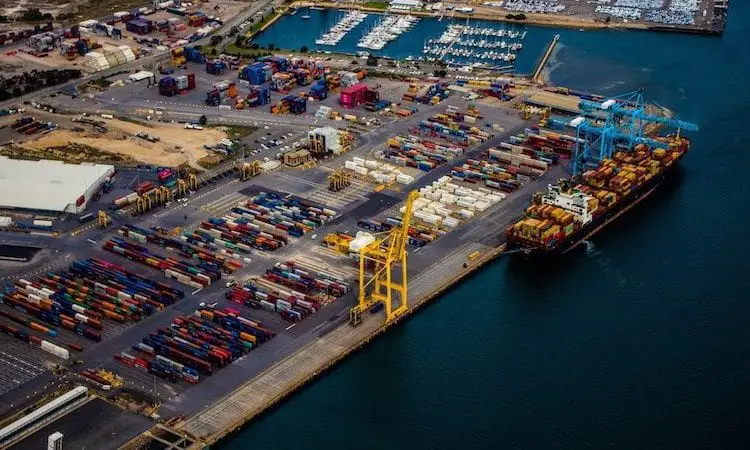


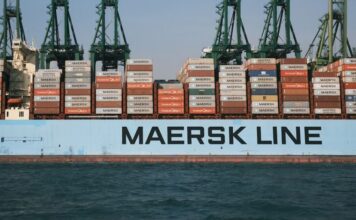
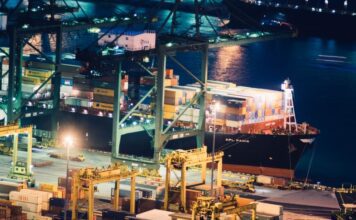
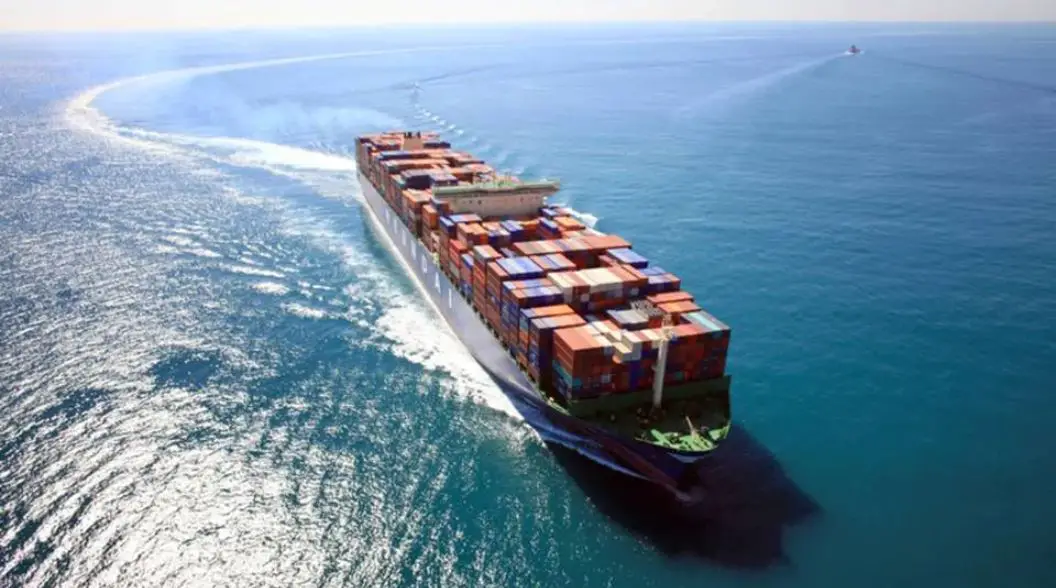
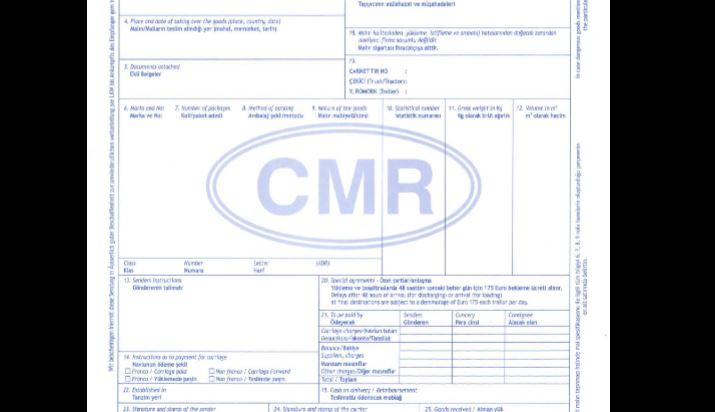

is this for after brexit or before?